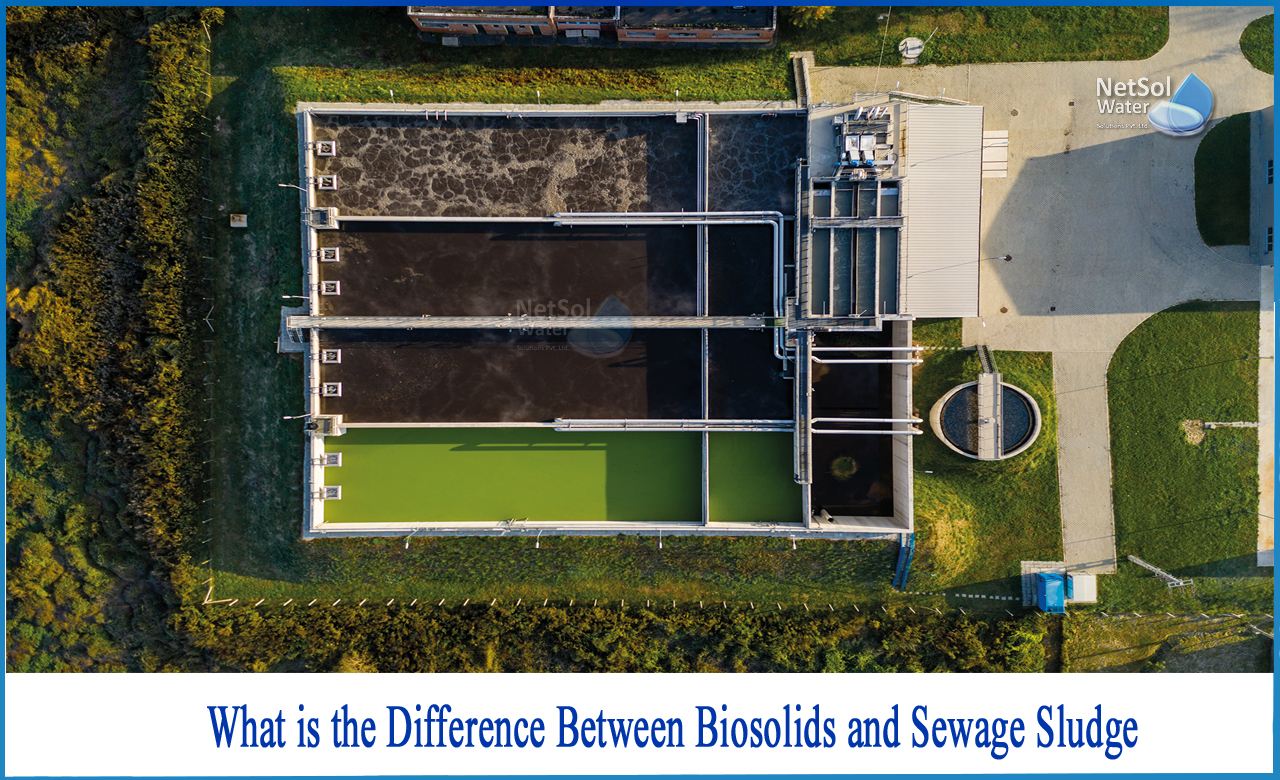What is the difference between Biosolids and Sewage Sludge?
Sewage Sludge
Sludge is a solid, semi-solid, and liquid residue that is separated from or formed by municipal operations. Sludge from other facilities, such as household septic tanks or minor treatment plants, may be imported into wastewater treatment plants. This organic waste must be carefully managed due to the massive amounts of wastewater being treated around the world.Sludge is typically 3% solids (97 percent liquids).
Sludge contains a lot of nutrients, such as nitrogen and phosphorus. As a result, this organic matter can be used as a fertilizer or an organic soil improver once it has been processed. Heavy metals and weakly degradable trace organic compounds can be found in sludge, depending on the inputs to the wastewater treatment plant and the methods utilized on site.
Biosolids
The term "biosolids" was coined in the early 1990s to distinguish sludge that had been treated and considered suitable for use on land from sludge that had not. Thus, it is used to describe a substance that is formed after sewage treatment and can be utilized as a soil conditioner.
As per EPA, Biosolids are "nutrient-rich organic products emerging from the treatment of residential sewage at a treatment plant”. These residuals can be recycled and used as fertilizer to develop and sustain productive soils and encourage plant growth after being treated and processed. These can include important plant nutrients and organic matter that can be used as a fertilizer or a soil supplement. These are typically 15-90 percent solids. Pathogen levels in Biosolids are substantially lower than in sludge due to the treatment and production process.
According to the Australian Water Association, biosolids may contain macronutrients such as nitrogen, phosphorous, potassium, and sulphur. Copper, zinc, calcium, magnesium, iron, boron, and manganese are all micronutrients that can also be found.
To be eligible for beneficial reuse through land application, biosolids must meet the following EPA criteria:
Reduction of Metal Concentrations, Pathogen Attraction, and Vector Attraction.
Pathogen reduction criteria ensures that pathogen levels in biosolids are kept below levels that are considered safe for land application. When it comes to pathogens, the EPA divides biosolids into two categories: Class A and Class B.
1: The biosolids are classified as Class A if pathogen levels are below detectable levels.
2: Pathogens are present in Class B biosolids; however, due to site limits and management methods, pathogen levels are reduced during land treatment to levels that do not represent a concern to human health or the environment. Lagoon sludge is frequently processed to meet Class B biosolids requirements.
Following the equation:
Class A biosolids are as safe to use as Class B biosolids. Thus,
Biosolids of Class A = Biosolids of Class B + Site Restrictions + Management Practices
Biosolids in the Future
Sludge and biosolids have received some attention due to their potential influence on the environment and public health. As wastewater treatment plants are expected to remove an increasing number of compounds, such as metals and medicines, some of them will eventually end up in sludge, which will need further treatment.
Why should you chose us for Wastewater Treatment?
Netsol Water, based in Greater Noida, India, is a well-known industrial and commercial water and wastewater treatment plant manufacturer. We provide experienced treatment solutions for all of your needs.
In accordance with industry standards, our treatment plants employ top quality raw materials and the most up-to-date equipment’s. Our treatment equipment’s are in high demand in the industrial and agricultural industries for a variety of applications.



